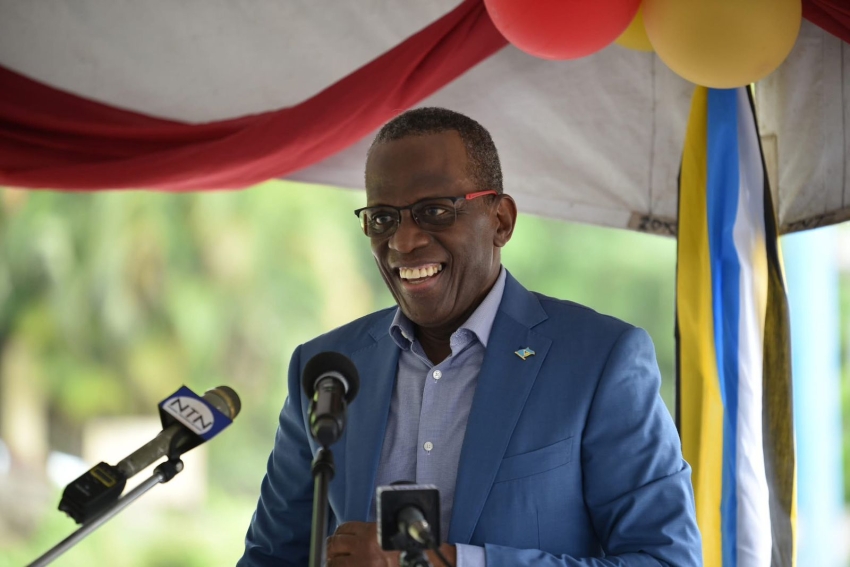That foundational document makes clear the separation of powers but nowhere prescribes limits on the authority of the Executive—namely, the Cabinet—once Parliament has been dissolved. This fact is crucial in understanding the current debate surrounding the 1st December 2025 General Elections, the twelfth since independence. For the first time in our political history, questions have been raised about whether the Cabinet should be restricted in its authority during the interregnum between dissolution and the convening of a new Parliament.
The question naturally arises: why now? Only four years ago, the present Leader of the Opposition was himself Prime Minister. It was he who caused the dissolution of Parliament to usher in the 26th July 2021 General Elections. At that time, no prescriptions were placed on his authority. Indeed, on 5th July 2021, following dissolution, he authorized a direct procurement valued at $38,411,945.11—one of several such transactions. Clearly, he did not consider himself limited in governance then. Why, therefore, should Philip J. Pierre, the current Prime Minister, be subjected to constraints that were never applied to his predecessor?
This inconsistency suggests that the issue is not constitutional but political. Could it be that Pierre’s standing with the electorate has unsettled the United Workers Party (UWP)? The discomfort appears less about constitutional principle and more about electoral positioning. Raising questions of executive authority at this juncture seems designed to cast doubt rather than clarify governance.
It is important to recall what dissolution actually means. First, no new laws can be enacted, as legislation is the sole preserve of Parliament. Second, no new borrowing can occur, since that too requires parliamentary approval. Beyond these two limitations, the Executive remains empowered to govern. The Cabinet is not bereft of resources, for Parliament has already passed a budget for the current financial year, which runs until 31st March 2026. Thus, the machinery of government continues to function.
Is there not still a Prime Minister in office? Is there not an Attorney General? Together, under the Constitution, they constitute a Cabinet. The Executive remains legitimate and operational until the electorate decides otherwise. The attempt to question its authority during this period is less a matter of law than of political strategy.
Last I checked, the courts were still functional, and if the UWP really believes its propaganda, I would humbly advise that they seek an injunction to force (?) the Prime Minister to behave. Considering how litigious a person the Leader of the Opposition is, have you stopped to wonder why he hasn’t done so?
By Claudius J. Francis


